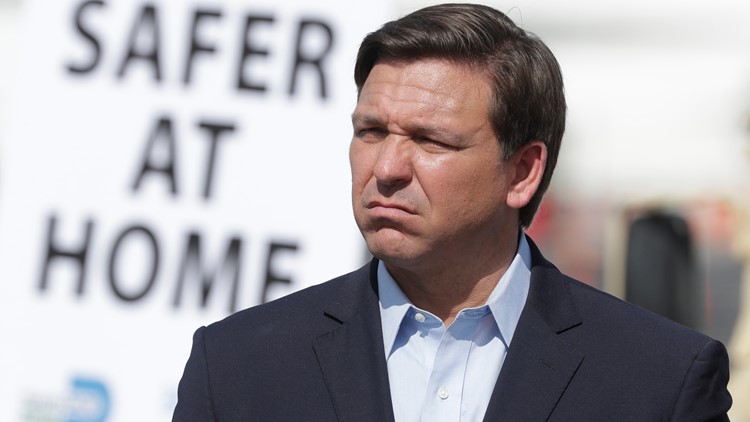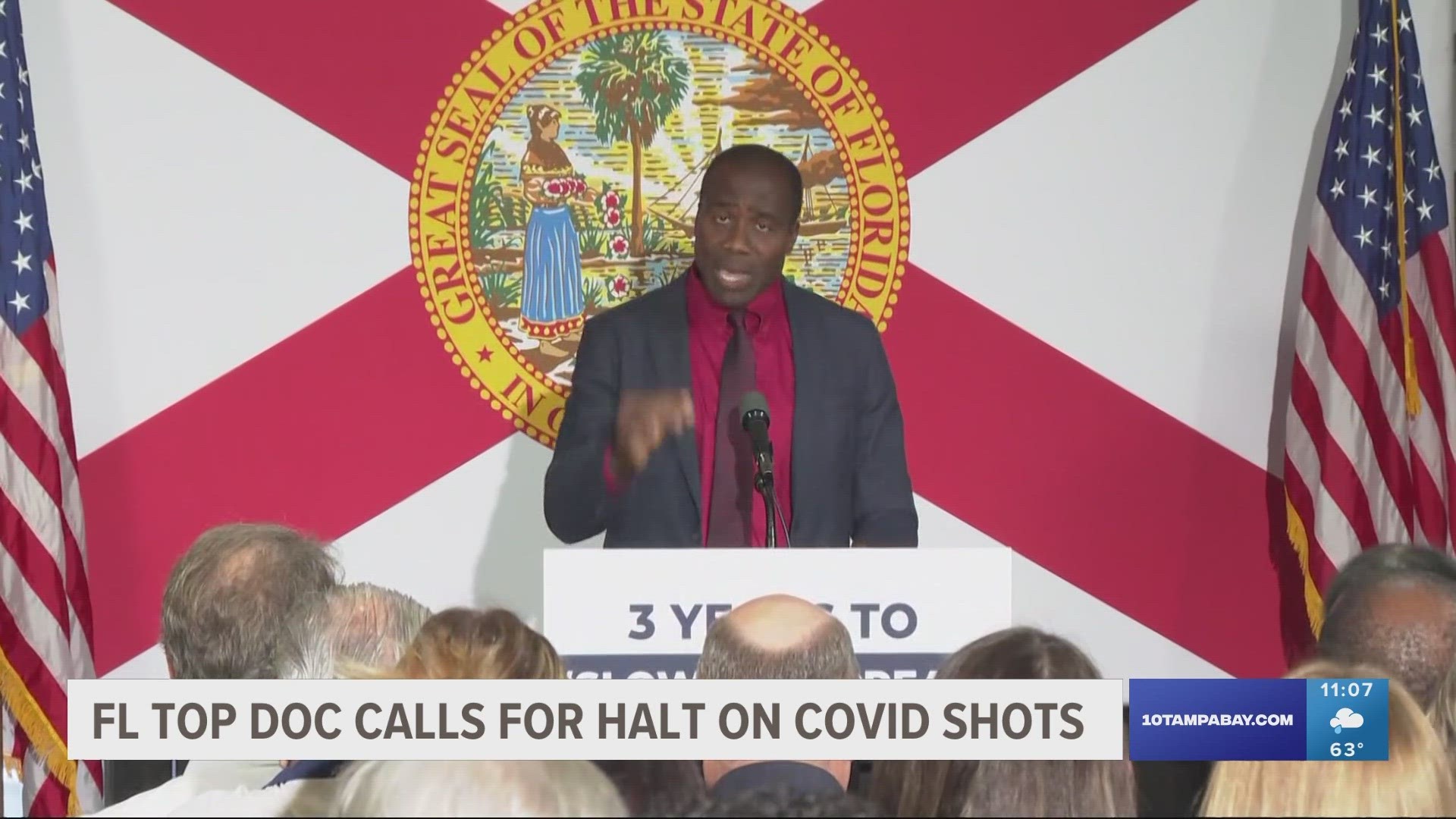TALLAHASSEE, Fla. — Hours before a "safer-at-home" order goes into effect in Florida, residents and local leaders were looking for clarification on what it means for them.
Some of the key questions had to do with the ability of people to gather in churches and houses of worship.
Florida Gov. Ron DeSantis' "safer-at-home" order, which was signed Wednesday, includes guidance for stopping the spread of coronavirus in the state. It says people in Florida are required to stay at home as much as possible except for essential activities and services. It also goes on to detail which businesses are deemed essential.
An amendment to the order filed and signed later clarifies that the governor's order DOES supersede "any conflicting official action or order issued by local officials in response to COVID-19."
State Attorney Andrew Warren expressed outrage at the governor's amended order, saying DeSantis is "usurping local control."
Some city and county orders had stricter policies when it comes to social distancing and non-essential businesses. Notably, Hillsborough County's order did not give an "essential" designation to religious services.
Both Hillsborough and Pinellas counties' orders emphasized practicing social distancing rules per the CDC and not allowing large gatherings.
DeSantis' order points to the Department of Homeland Security's guide on essential businesses and services. And, Florida's order does list religious services in churches and other houses of worship as "essential activities."
Hillsborough County leaders discussed the state's order during a Thursday emergency group meeting and slammed the state's decision to allow religious gatherings to continue.
"Our hospitals better get ready," County Commissioner Les Miller said. "These religious institutions, if they're going to open the doors for service, use the best possible judgment they can in saying, stay six feet apart."
Miller also said, based on what he's seeing right now in the county and around the state, "flattening the curve" isn't going to happen anytime soon.
When asked about her interpretation of the order's guidance on churches, Tampa Mayor Jane Castor said it "makes no sense."
"The one thing that has shown to flatten the curve is the distance separation, so I would hope that that wasn't the intent of the governor's order," Castor said.
But, the governor has since provided clarity on this point of contention for local leaders.
"I don't think the government has the authority to close a church, I'm certainly not going to do that," DeSantis said.
He noted that he met with those leading religious facilities in Florida and discussed that the service they provide people "in times like this" is important, but that they still need to follow the social distancing guidelines.
Some churches took that direction and went virtual, but DeSantis said that others still continued in-person service with people spread out far enough from each other to meet social distancing regulations.
"In times like this, I think the service that they're performing is going to be very important for people," DeSantis said. "Particularly coming up in the Easter season, I think people are going to want to have access to religious services. Whether it's online, whether it's in a more socially distant type of service, but to have that available I think is very important."
But, that does not mean local governments can say differently from the state's order, according to DeSantis.
Calling it the baseline, Florida's governor said -- on a local level -- if leaders want to do more, they can in certain situations.
DeSantis encouraged those on the local level to collaborate with their local religious leaders to find an outcome that benefits both while still keeping people safe. He also asked that they help accommodate these important services.
That means if county leaders want to impose stronger restrictions on religious services they can, but in the end, they cannot force a church to close entirely.
Driving the point home, "The Constitution doesn't get suspended here," DeSantis said.
- Florida Gov. Ron DeSantis issues statewide stay-at-home order. What does it mean?
- Model: Florida's coronavirus peak could come in early May, with hundreds of deaths daily
- Floridians onboard coronavirus-stricken cruise ship will be accepted in the state: governor
- Stimulus check calculator: See how much you'll likely be getting
- Hotlines, websites offer the latest on COVID-19
- Stay-at-home vs. shelter-in-place: Here's what they mean
- Texas family dances COVID-19 troubles away in viral 'quarantine challenge' video
FREE 10NEWS APP:
►Stay In the Know! Sign up now for the Brightside Blend Newsletter





